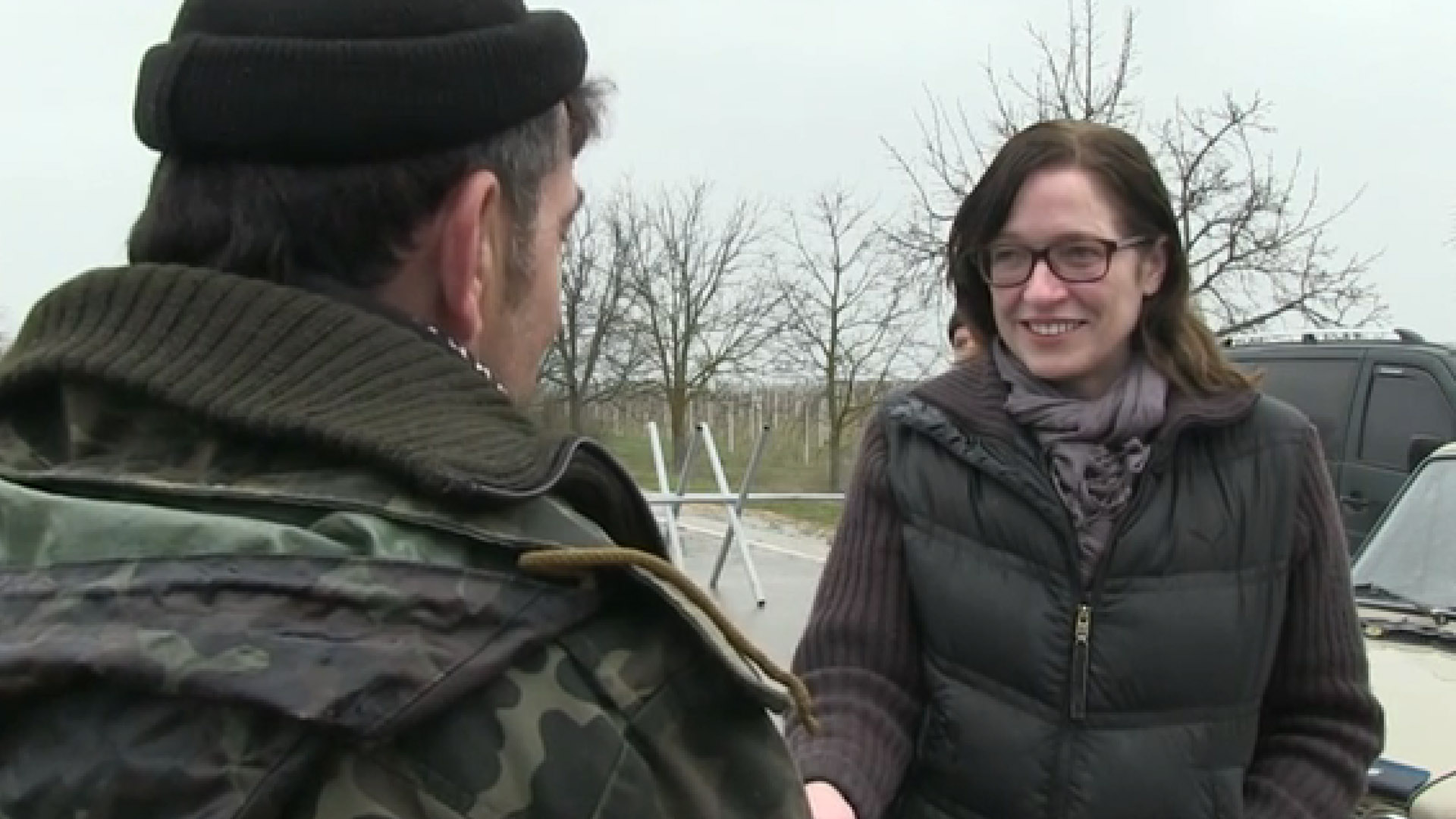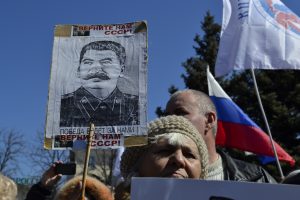Ukraine and Crimea: Getting the Word Out and Serving Audience Needs in the Region


Tensions continued to rise this week as Russia retained control of Crimea, people across Ukraine remained on edge, protests continued to erupt, and residents of nearby countries wondered what might come next. Amid the uncertainty, the journalists supported by the Broadcasting Board of Governors provided reliable witness to events and kept audiences in the region informed.
At its April 11 meeting, the BBG Board hosted a panel of individuals across Voice of America, Radio Free Europe/Radio Liberty, and the International Broadcasting Bureau who have been instrumental to the success of the networks’ coverage.
“One of our key missions as an organization is to surge during critical periods. This has been the case with Ukraine. We are really proud of the work that has been done by our organization, and unfortunately we fear that our work is just beginning,” said BBG Chairman Jeff Shell.

Radio Free Europe/Radio Liberty’s video team in Eastern Ukraine has been offering live-streaming of major developments, including this week’s takeover of government facilities in Kharkiv, Donetsk and Luhansk.
The streaming video and up-to-the-minute news has brought record traffic to RFE/RL’s Ukrainian website, radiosvoboda.org, which had 11,850,000 visits in March, 84.4% of them from Ukraine. And as the fast-moving developments in Ukraine have been a focus of coverage for RFE/RL Services, the number of visits to many RFE/RL websites has surged, including to the Russian-language svoboda.org, which saw more than 6.7 million visits in March.
RFE/RL’s recently-launched “Crimea Realities” website, which offers updates and fact-checks of what may be reported erroneously elsewhere, continues to add content in Ukrainian, Russian and Tatar-Bashkir. RFE/RL has expanded its network of stringers in all three of these languages in Crimea and South Ukraine and has begun video training so that these journalists can provide high-quality content.
Voice of America, meanwhile, is bringing on Russian-speaking correspondents in Washington to generate content for Ukrainian news outlets. Starting later in April, they will provide regular Ukraine-focused Russian-language “Newsflash” reports — short updates and analyses — for State TV’s Channel 1, which is seen nationwide in Ukraine.
VOA Ukrainian-language programming already is aired on some of the most-viewed stations in the country in prime time, as well as drawing a substantial audience online. Among the most in-demand material has been international reaction to the crisis, including the NATO foreign ministers’ meeting in Brussels and the passage of a U.S. law in support of Ukraine and opposing Russian aggression. But perspectives from Ukraine have been reaching its people, as well, including a discussion with Crimean Tatar leader Mustafa Dzhemilev on VOA Ukrainian’s popular Chas-Time TV program about the future of Crimean Tatars in the aftermath of the annexation of the peninsula by Russia.
